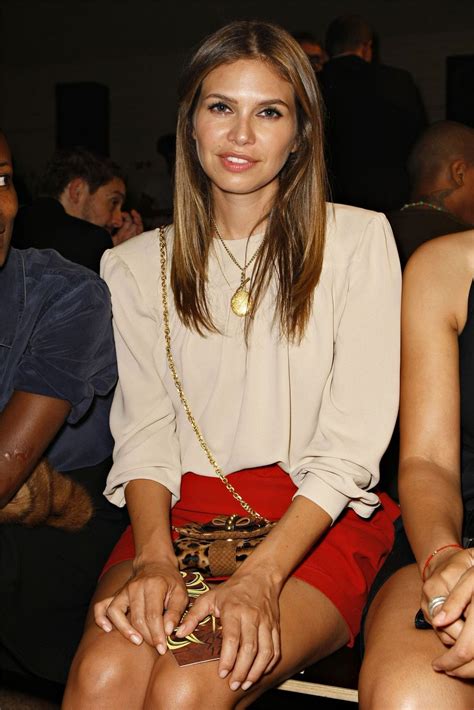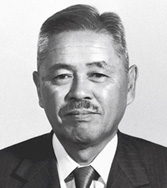A Quote by David Salle
There was a review by Fairfield Porter from the 1950s about Mark Rothko, one of the more hallowed names in American art. Porter says something like, "Yeah, Rothko paints rectangles of color. They have mass but no weight." That's not in any way a detraction, but it's a description. And it has nothing to do with the spiritual dimension. The main thing is as an intelligent viewer, to identify just what those things are that it does, that those rectangles do, and then not assume that they do these things over here. I don't know why that's challenging.
Related Quotes
Perhaps the central question about [Eliot] Porter's work is about the relationship between science, aesthetics, and environmental politics. His brother, the painter and critic Fairfield Porter, wrote in a 1960 review of [Porter's] colour photographs: 'There is no subject and background, every corner is alive,' and this suggests what an ecological aesthetic might look like.
What I never wanted in art - and why I probably didn't belong in art - was that I never wanted viewers. I think the basic condition of art is the viewer: The viewer is here, the art is there. So the viewer is in a position of desire and frustration. There were those Do Not Touch signs in a museum that are saying that the art is more expensive than the people. But I wanted users and a habitat. I don't know if I would have used those words then, but I wanted inhabitants, participants. I wanted an interaction.
Fairfield Porter who has been my model for art writing all along, said that if the most interesting thing about a work of art is its content, it's probably a failure. I think it's true that if you find yourself thinking about the meaning in an author's message, it's probably not very interesting as art. Obviously, this is a tough concept, because if you withdraw intention.
You know," I said, holding my ground. "I gotta tell you. The goatee thing? Yeah, way over. And you know a little jewelry really does go a long way. Just something you might want to consider. I'm actually glad you stopped by, because I have a couple things I've been meaning to say to you. Number one, about your wife? Yeah, she's a skank. And number two, you know that whole thing where you killed Jesse and then buried his remains out back there? Yeah, way un-cool.
My Picassos and Ferraris - those are kind of just toys. Those aren't the things that matter. What matters in the car collecting or the art collecting is to learn about it, and then actually not the acquisition but to put them into a collection that I think is curated. You know, so something of me in the collection that the artist actually created the work. If I was going to collect art, it had to be something of me, my eye, things that appeal to me so when I looked at it, it would really look like a collection, not just an accumulation of stuff.
This is not just a simple story of "money can't buy happiness." Or maybe that's just what it is. And if it is, why shouldn't it be? Because if this is something we are already supposed to know, then why don't we know it? Why do we chase and scrabble and fight for things to flaunt, why? Why do we reach for power over other people, and through the thin superiority of our possessions, believe we have it? Why do we let money make people bigger, and allow those without it to be made smaller? How did we lose the truth in the frantic, tribal drumbeat of more, more, more?
Boxes and rectangles on the side or top of a website simply do not deliver against brand advertising goals. Like it or not, boxes and rectangles have for the most part become the province of direct response advertising, or brand advertising that pays, on average, as if it's driven by direct response metrics.
As I've gotten older, I can look at myself more clearly and own the things that I'm good at and work on the things that I'm not. Like, I am not skinny. I know that if I were to lose a little weight I'd literally have more time in the morning because I know clothes would fit better. And now I can look at those things more practically. Instead of being like, "What does that say about me?," now I'm just like, "That would be great to sleep in an extra fifteen minutes because I wasn't trying on everything in my closet."
If you are going to do kaizen continuouslyyou've got to assume that things are a mess. Too many people just assume that things are all right the way they are. Aren't you guys convinced that the way you're doing things is the right way? That's no way to get anything done. Kaizen is about changing the way things are. If you assume that things are all right the way they are, you can't do kaizen. So change something!
Sometimes you just work, you work, you work, and you have no life, no boyfriend, you have no more friends, no more nothing, you just make movies, and you're tired, and you don't know why. Then everybody says, 'Oh you are so lucky, you are working!' And you're like, 'Oh yeah, oh yeah, it's so great!'








































